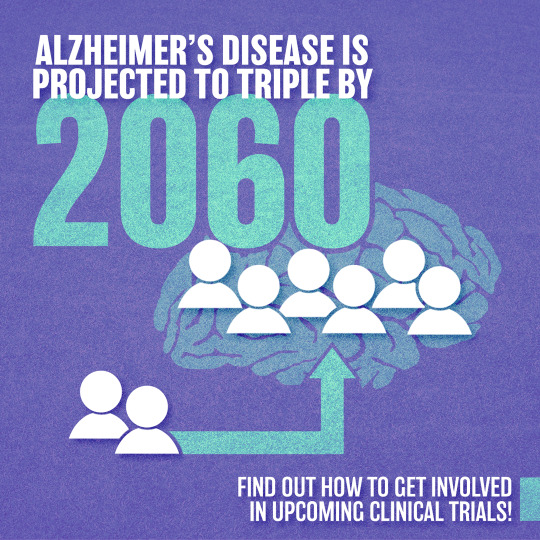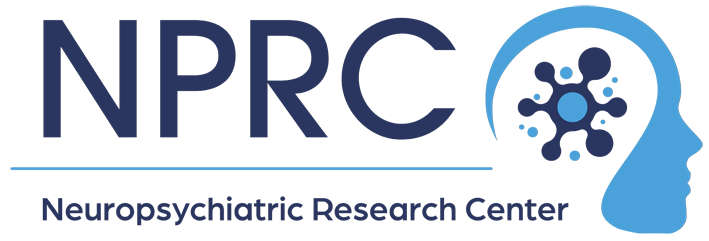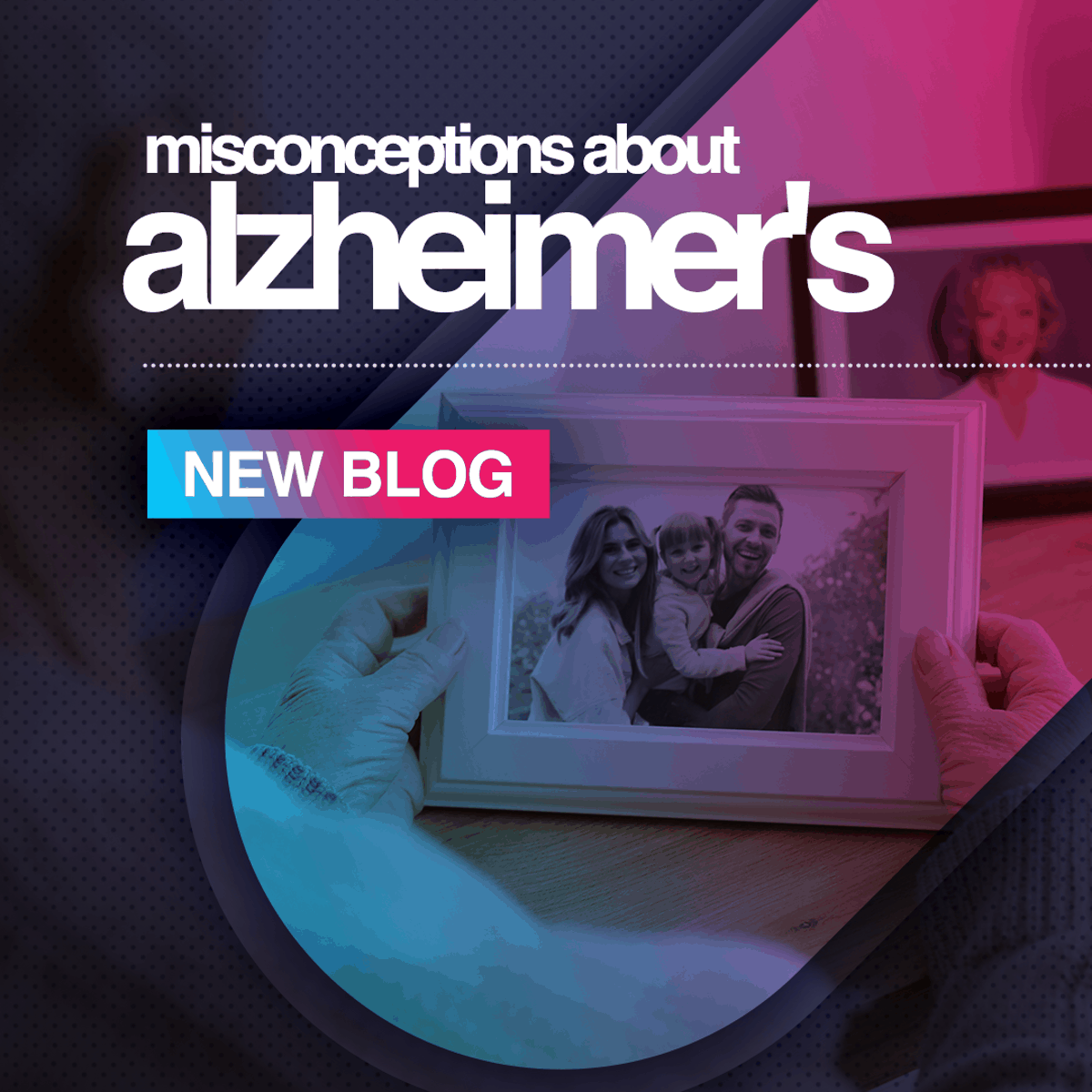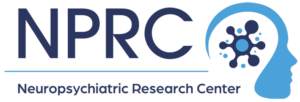Misconceptions surround Alzheimer’s disease (AD), like many other medical conditions. Whether it helps to ease the mind or keep hope alive for those who choose to believe, the negative impacts can be more profound than anyone ever intended. Choosing to believe in these “myths” can ultimately result in delayed treatment, which can be devastating with a disease like Alzheimer’s. Let’s look at some of the most common misconceptions out there for Alzheimer’s, and the real truth behind them.
Memory Loss is a Normal Part of Aging

Alzheimer’s is the most common form of dementia. AD is progressive and causes the brain cells to malfunction, and eventually, die. The brain ages like the rest of our bodies. We don’t expect our bodies at 65 to do the same things they did in high school. Some forgetfulness is expected as we age, but Alzheimer’s means more than the occasional memory loss. Memory loss can also be the side effect of certain medications and other forms of dementia. So, it is essential to talk to your doctor about any memory issues you are experiencing.
There’s a Cure
There is no cure for Alzheimer’s currently. However, early detection, treatment, and support can improve the quality of life and symptoms.
Alzheimer’s can be Prevented
There is no single approach in treatment that can prevent AD. Some people also believe certain supplements can prevent or treat Alzheimer’s, but the reality is there have been many studies on vitamins E, B, and C, Ginkgo Biloba, folate and selenium in preventing dementia, but no conclusive results have been found.
Growing evidence from research does indicate that incorporating certain lifestyle habits while maintaining a healthy and active lifestyle may help reduce your risk.
Treatments are Available to Stop the Progression of Alzheimer’s
FDA approved available treatments can only temporarily slow the progression of symptoms for about 6 to 12 months on average. These results are seen in only about half of those who take them. These treatments are also more effective in the earlier stages of the disease, making early detection vital.
It is Not Fatal
There are no survivors of Alzheimer’s. The destruction of brain cells and memory loss eventually takes away a person’s ability to think, connect with others, eat, talk, walk, and perform even the most basic of functions.
A diagnosis of Alzheimer’s does not mean you cannot still have a meaningful life. Knowing your risks and when to be concerned with memory issues, are the first steps. Keeping yourself educated about AD, and connecting with others are also helpful steps to take.

Clinical research continues to improve the diagnosis and management of Alzheimer’s. Participating in clinical research is vital for this to continue. Healthy volunteers and those diagnosed with Alzheimer’s are needed for upcoming study opportunities at Neuropsychiatric Research Center of Southwest Florida. To learn more, click here or call (239) 939-7777.
References:
https://www.alz.org/alzheimers-dementia/what-is-alzheimers/myths





